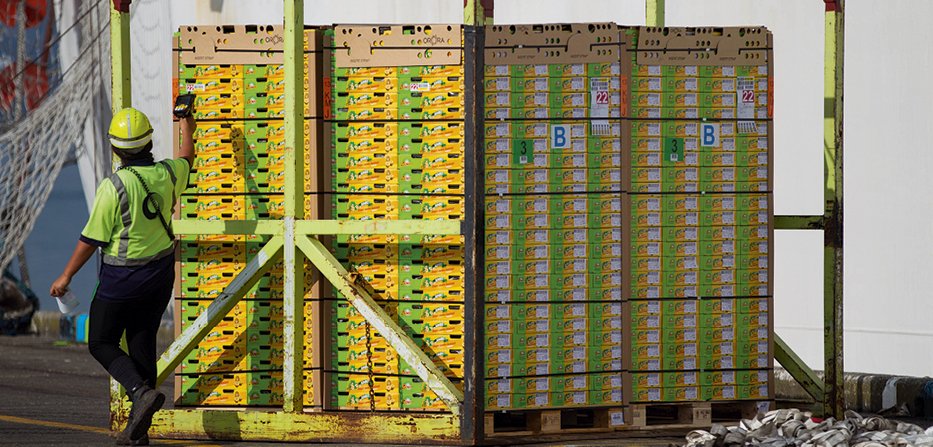By Richard Rennie & David Porter

The High Court has ruled in favour of kiwifruit growers in a landmark decision that upholds kiwifruit growers’ claims that Crown negligence caused their losses resulting from the 2010 Psa outbreak.
The decision could leave the government exposed to a massive compensation payment, with growers who subscribed to the Kiwifruit Claim seeking $400 million when the case went to court last year. Most significantly, the decision could set a new precedent for Crown liability on biosecurity
incursions.
Determining the exact level of any compensation payment promises to be a drawn-out affair, and subject to any appeals that may be lodged. When Bay of Plenty Business News went to press this month, it was unclear whether either of the plaintiffs would appeal.
The judgement comes after a marathon multi-million dollar litigation process, with Justice Jillian Mallon determining the 212 growers were owed a duty of care by the then Ministry of Agriculture and Forestry (now MPI) for controlling what products could be legally imported into New Zealand. LPF Litigation Funding were engaged to provide the plaintiffs with funding for the claim.
The judge determined the risks associated with contamination of the pollen products bringing in the disease should have been obvious to the agency. The Psa strain was Chinese sourced.
The judge’s ruling did not extend to Seeka, the only post-harvest company to support the court action. The judge determined that post-harvest operators were one step removed from the direct harm suffered by growers, so were less closely linked to any consequences of ministry failure.
However, Seeka was also a party to the action as a significant grower, and the company would still benefit from the success of the claim, chief executive Michael Franks told Bay of Plenty Business News.
Any payment from the appeal process will only be paid to the growers who signed up.
Franks said he had mixed emotions following the decision. “I am of course pleased on behalf of growers that the judge has ruled the way she has, but disappointed to not be included as a post-harvest processor.”
Kiwifruit claim representative Grant Enyon said the decision drew a line in the sand after a long and difficult eight years for growers in the industry.
“This action is about seeking accountability for the incursion that devastated the industry. MPI knew for many years Psa was a significant risk. We hope the government accepts the court’s decision.”
MPI said in a statement it was carefully considering the findings, and implications for current and future biosecurity activities.
“Once we have completed consideration of the judgement, a decision will be made on whether to appeal. That decision must be made by the Solicitor General, not MPI.”
Kiwifruit Claim spokesman John Cameron said the duty of care was going to be a difficult one to prove, but in realty the judge realised no one else could provide it.
“Most importantly, the NZ primary sector now has a very clear mandate that if they can prove the Ministry of Primary Industries is responsible for any incursion, there is the ability there to exercise this process.”
Enyon said the compensation group was open to any early settlements that could be proposed.
Seeka’s Michael Franks said the decision did not necessarily open the door to other claims of biosecurity incursions.
“Not every case of a bio-security incursion happens the way Psa happened,” he said. “I’m comforted that the new government has invested more in biosecurity controls.”
Both the NZ Kiwifruit Growers Incorporated and predominant export marketing entity Zespri strongly discouraged growers from joining the claim.
KGI said it was not appropriate for the body to comment until it was known whether either party would appeal.
Chairman Peter McBride said that Zespri acknowledged the judge’s decision and would take some time to consider the implications for industry.
“We expressed our concerns about the claim at the time, as our preference was and is to strengthen our biosecurity systems together with the government,” he said.




